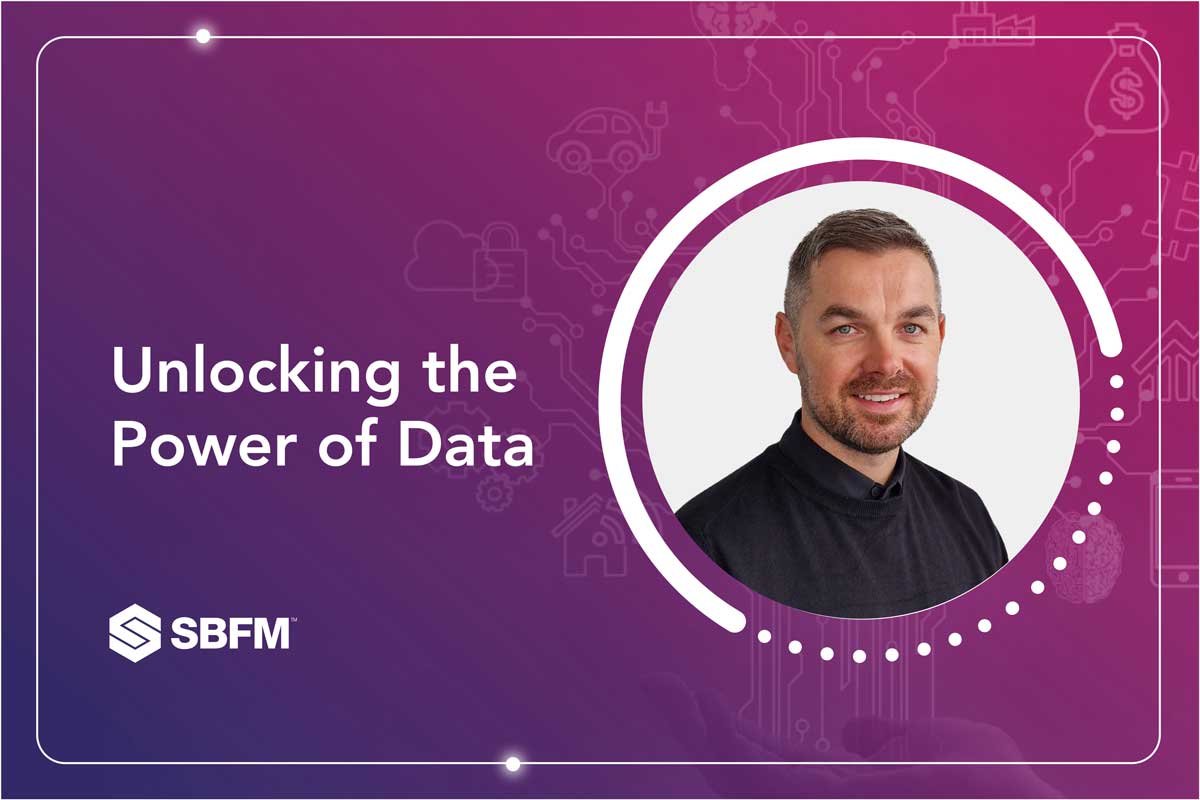- August 8, 2023

Our Chief Technology Officer, Ricky Majer, recently sat down with i-FM, the leading online resource for facilities management professionals, to explore how FM organisations can unlock the power of data.
It’s no secret that as an industry, facilities management has been behind the curve when it comes to technology development and adoption. Most organisations have been collecting, storing, and managing data for some time, but there has been a disconnect in the way we access, process, and use this information.
Data is already an essential part of managing commercial facilities’ cleanliness, energy consumption and building conditions. FM providers have been leveraging data to adopt proactive measures, shifting away from reactive solutions. This approach drives service enhancements, cost efficiencies, and the achievement of environmental objectives, among other notable benefits.
However, numerous organisations encounter similar challenges when it comes to collecting and analysing data. Many workplace technologies fall short of meeting the required standards. Countless companies still rely on outdated tools to compile data from a myriad of sources. Not only does this introduce the inherent risk of human error due to manual data entry, but it also creates data silos that hinder seamless information sharing and utilisation. Ultimately, these limitations impede collaboration and compromise the quality of insights gained.
Far too often, organisations become preoccupied with the utopian vision of technology adoption without thoroughly assessing the key objectives and needs of end users. We believe that the key lies in developing a technology-driven, data-centric solution that delivers intuitive access and benefits to all users, whether they are clients, field-based operations teams, or frontline cleaners.
The Dominance of Data
In today’s FM landscape, merely striving to be data-driven falls short of expectations. After all, organisations, including those in FM or any other industry, are not fuelled and led by data alone; it is people who generate ideas, make decisions, and surmount the daily challenges inherent in the complex environments in which FM professionals operate.
Therefore, empowering individuals to excel necessitates providing them with access to relevant data, actionable insights, and the accompanying tools and technologies that enable prompt and confident decision-making.
By dismantling traditional barriers that hinder data access—such as disparate data sources, multiple systems of record, stringent access controls, and information trust issues—organisations can empower key stakeholders.
You can find out more by reading the full article here:
https://www.i-fm.net/comment/data-reimagining-facilities-management
